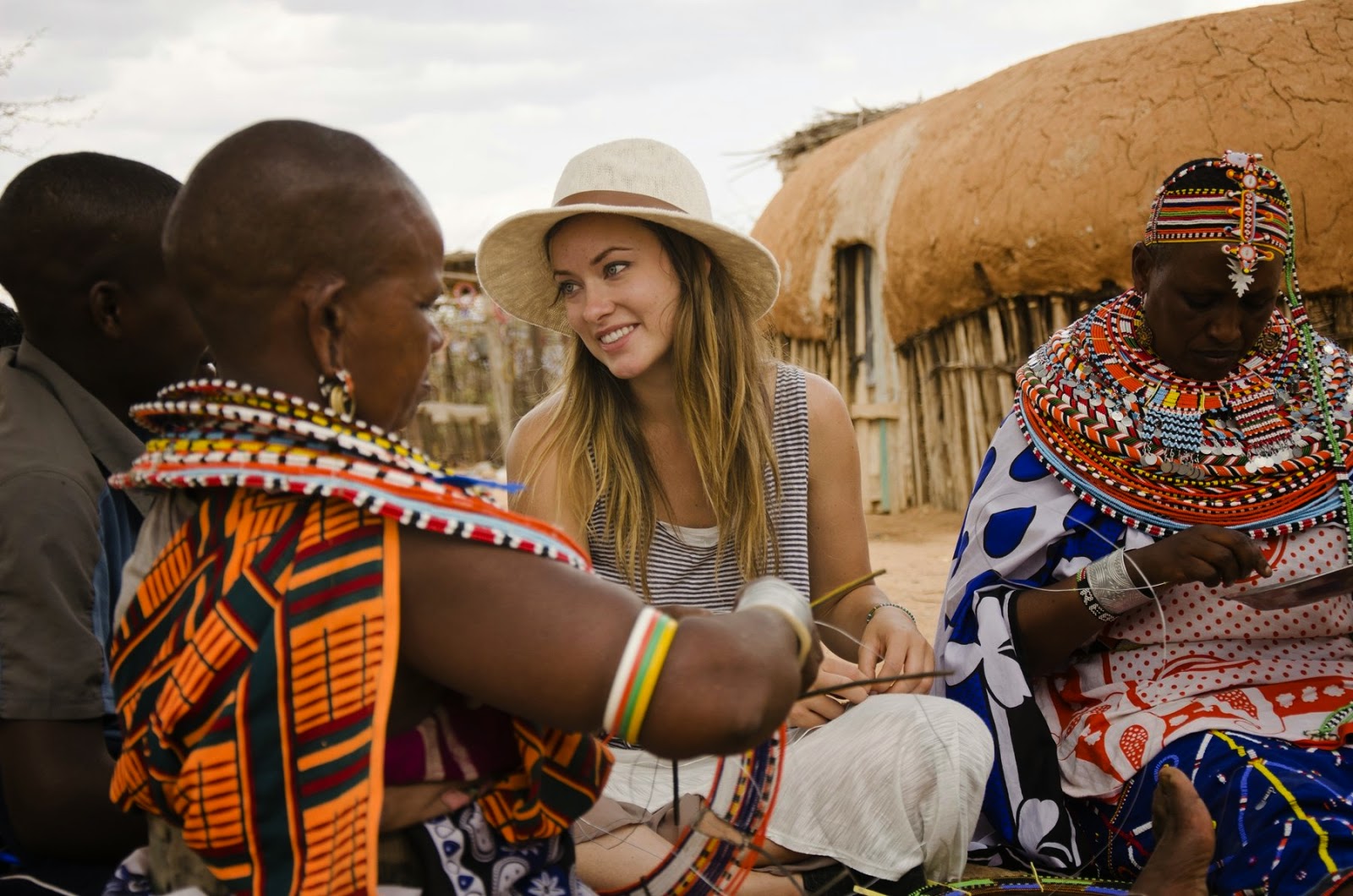As I sat in my last lecture for my Legal Studies class: Sex and Reproduction, I was thinking of all the new material I had learned regarding surrogacy. So why not talk a little bit about it. There three different types of surrogate mothers:
- Genetic surrogacy or partial surrogacy: This is the most common type of surrogacy. Here the egg of the surrogate mother is fertilized by the commissioning male's sperm. In this way the surrogate mother is the biological mother of the child she carries.
- Total surrogacy: Here the surrogate mother's egg is fertilized with the sperm of a donor - not the male part of the c partum ommissioning couple.
- Gestatory surrogacy or full surrogacy: Here the commissioning couple's egg and sperm have gone through in vitro fertilization and the surrogate mother is not genetically linked to the child.
To begin, who really benefits from surrogacy? In my opinion, it is the intended parents. This can either be a good thing or a bad thing, depending on how one looks at it. Although there is always debate on this issue, i will discuss one of the many debates: taking advantage of the poor to obtain a baby. Many times women who seek for surrogate mothers are wealthy women. And although hiring surrogate mothers to carry babies is illegal, most of the times, if not all of the times, women who are hired to carry the babies are women who are poor and do it for the money. The rich are exploiting the poor!
I find this really interesting because although this is meant to help both parties, the wealthy get a baby and the poor receive money for their services, this is a big issue, because there are times when poor women have to do this because they really do need money and not because they are 100% sure they want to carry someone else's baby. there have been cases where surrogate mothers get attached to the baby, that eventually they do not want to give it up and if they do they suffer from serious effects after giving birth.
Also, because it is more expensive to hire surrogate mothers in the United States there is this argument that third world women are being exploited as well and treated like baby Machines. Paid surrogacy in India, for example is legal and more women are willing to get hired, and their services are used more often because it is cheaper.
Finally, another issues with surrogacy is that children are becoming more of a commodity, parents are designing their child, choosing from a list to see what traits they want their child to have, ect. One problem with this is that because surrogacy is becoming more popular, children in foster care are not being adopted, and their stay period is becoming longer. There are so many children who need a home, so instead of looking for a surrogate mother to carry a baby, adoption should be a primary option for having a child. If all fails surrogacy should be their last resource.




